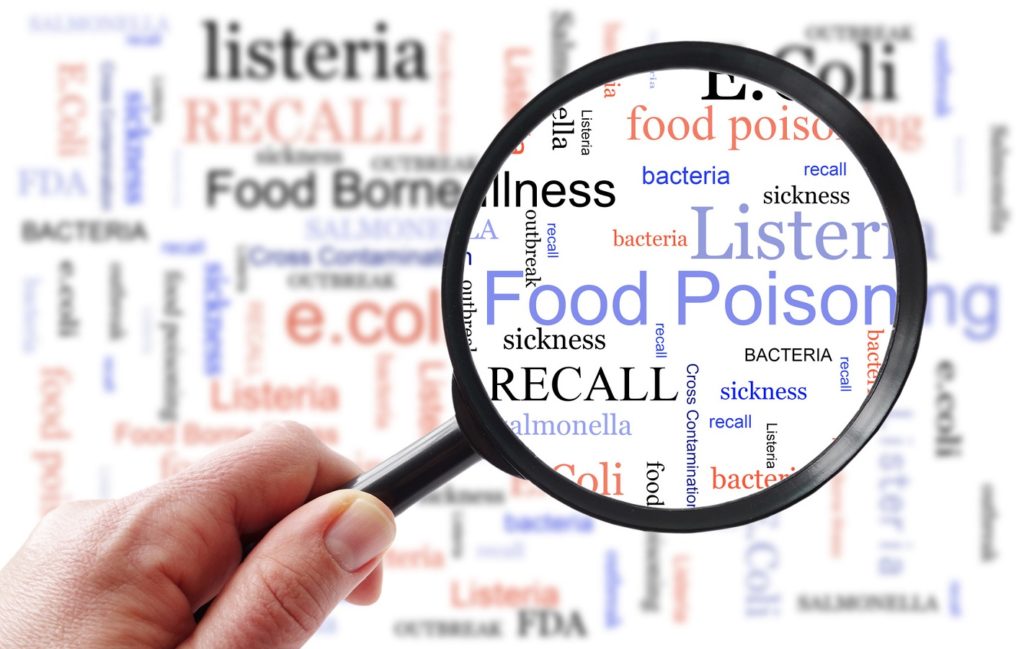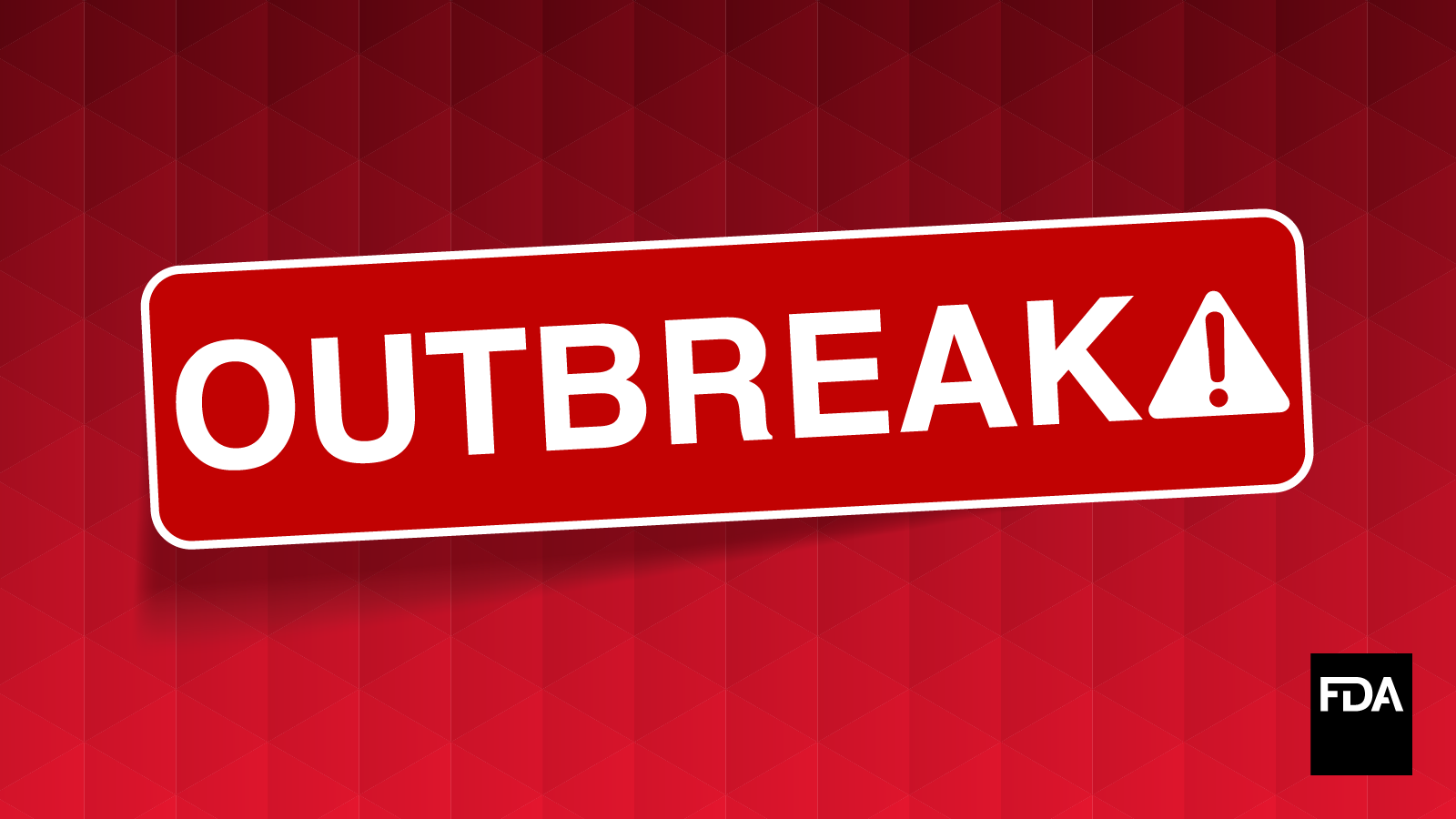Tufts University School of Engineering has developed a sensor to detect bacteria, toxins, and dangerous environmental chemicals. The sensor uses a biopolymer sensor that can be printed like ink on a wide range of materials, including wearable items such as gloves, masks, or everyday clothing, using an enzyme similar to that found in fireflies. , the sensor glows when it detects these threats. The new technology is described in the journal Advanced Materials. The biopolymer sensor, based on proteins and silk fibroin extracted from the cocoons of the silk moth Bombyx Mori, can be embedded in films, sponges, filters, or molded like plastic. The sensor can sample and detect airborne and waterborne dangers, signal infections, or even cancer in our bodies. The researchers demonstrated how the sensor emits light within minutes as it detects the SARS-CoV-2 virus, anti-hepatitis B virus antibodies, the food-borne toxin botulinum neurotoxin B, or human epidermal growth factor receptor 2 (HER2), an indicator of the presence of breast cancer. The biopolymer sensors are a big leap forward from the current methodology. The research team envisions a wide variety of applications for the biopolymer sensors, such as infection control in healthcare settings to environmental sensing at home, workplace, military, and disaster settings. @ https://phys.org/news/2023-01-wearable-printable-shapeable-sensors-pathogens.amp



